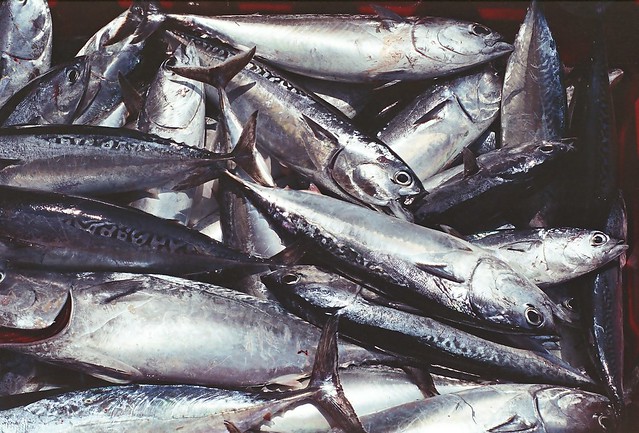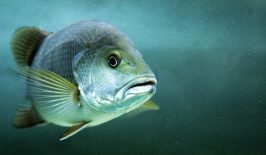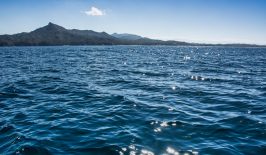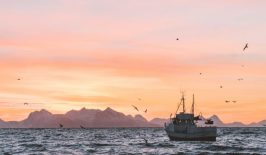Fishyleaks is a great name for a great idea: aiming to reel in overfishing in European Union waters by inviting the industry to leak and expose illegal or unethical activities.
EU waters stretch out from the Baltics to the Atlantic and the Mediterreanean, and also include seas waters off the UK and Ireland. Under the agreed Common Fisheries Policy, fishing quotas are set for each country, with the aim of more sustainably managing fish stocks. But when looking more closely at the data, the numbers don’t always seem to add up. It seems like loopholes are consistently being exploited and rules being broken – resulting in disaster for our marine environment, and destroying the future of European fish stocks (which for some particular types of fish are already at dangerously low levels.)
For example, EU regulations state that boats are no longer allowed to discard any undersized fish they catch. However, despite years of data showing that undersized cod will inevitably be caught as a by-product, the UK reported zero tonnes last year. If the Our Fish organization (an initiative of Funding Fish) is to be believed, at least 7,500 tonnes of cod should have been registered and caught as undersized. By not reporting the undersized catch, this means boats are throwing away undersized fish, and the extra quota given to fishers to cope with the burden of landing extra fish is being used to land more adult fish to completely fill their quotas. The system is therefore being gamed to overfish.
Our Fish also suspect that fish are often being discarded because they have low commercial value or the quota restricts their catch. Discards, as they are known, are often dead or dying fish, returned to the sea.
Fishyleaks.eu has been set up by Our Fish to provide a confidential and anonymous way for people working in the fishing industry, public authorities or other areas to report what they feel are improper, unethical or illegal fishing practices. For example, this video footage of large scale illegal discarding off the coast of Scotland in 2014, with thousands of undesirable dead fish returned to the water, despite there being a ban on so-called “high-grading” (where the lowest value fish are discarded and only the highest value catches are recorded and landed).
“We created Fishyleaks to help those who want to share information with us, in a confidential, anonymous and secure manner,” said Rebecca Hubbard, program director of Our Fish.
“Europe’s fisheries are a common resource, for the benefit of all citizens, that should be managed sustainably and legally to ensure the future of coastal communities, food security and ocean health in the face of the climate crisis. Fishyleaks aims to provide a platform for people who witness activity that undermines these important aspirations so that they can share that information, while minimising risk to themselves.”
But other kinds of infringements or unethical behaviour can also be reported. For example, has catch that’s been caught at see been subsequently reported as something else when it landed it at port? Have important reports about mis-management of the fishing industry been gathering dust rather than being released to the public?
About 1.7m tonnes of fish are estimated to be discarded across the EU every year. “Our Fish often receives news of infringements, but lack the evidence to prove it. By receiving information via Fishyleaks, we hope to expose the problems in the sector so that we can push for solutions,” Hubbard said. The content received via Fishyleaks will be analysed and verified via its secure messaging system and by cross checking with other sources, before potentially being shared in reports to national fisheries authorities, national or EU parliaments, the EU Commission or other relevant authorities.
Fishyleaks.eu was created using the open source GlobaLeaks platform, for secure and anonymous whistleblowing initiatives, currently in use by more than 1,000 projects around the world, from anticorruption initiatives to investigative journalism, and more. The Fishyleaks website is currently only available in English, but according to the official press release, other language versions are set to follow. For now, anyone wanting to submit a reports via Fishyleaks are invited to do so using the language that they feel most comfortable with – Our Fish will carry out translations of reports.






